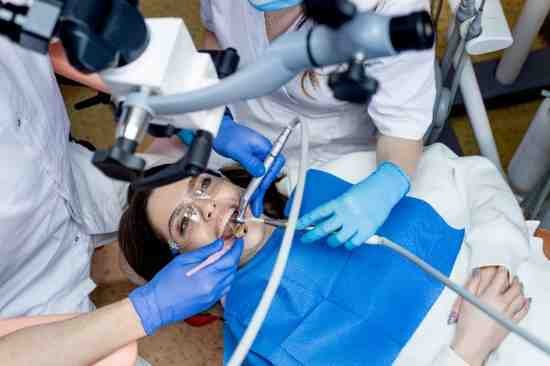The NDIS involves the participants developing individualised support plans to suit their needs and aspirations. These plans’ significant types of support include core and capacity support. Such distinctions are important because users have to base their choices on the kind of available funding to overcome the selected disability, especially when choosing an NDIS service provider that can offer the necessary support tailored to their individual needs.
- Core Supports
Core supports are designed to assist with everyday tasks and essential needs. This flexible funding category allows participants to allocate resources as required to various aspects of daily life. The flexibility is a significant benefit because it will enable individuals to direct funds where they are needed most at a particular time.
- Purpose of Core Supports
Core supports ensure that participants can live independently by addressing their immediate daily needs. Support covers a spectrum of services and goods, enabling the participant to sustain a predominantly given quality of life.
- Assistance with Daily Living: This could include bodily needs like washing, dressing, or feeding, as well as other necessities. They also refer to help with basic domestic tasks such as washing, preparing meals, and purchasing food items. In other words, these services are intended to assist with all the practical activities in one’s life that a person with a disability may have difficulty accomplishing alone.
- Transport Support: This part of core support assists with transportation costs. This may comprise monetary support for taxis, other means of communal transport, or other means enabling the participants to get to clinics, work, school, or other social engagements. People with disabilities depend on this support to effectively access the broader community and retain their independence when they cannot use public transport.
- Consumables: Some participants may need to buy certain products often as they independently attend to their health needs. These may include continence products, mobility aids, and other consumable health or personal durable goods used, disposed of or recycled.
- Social and Community Participation: It supports social, recreational, and community involvement. These supports allow the participants to be active in the community, which is essential for their psychological and physical health. For instance, depending on the funding’s intention, participants may go to the community centre, do recreational sports, or join a social club they desire.
- Capacity-Building Supports
While Capacity-Building Supports are targeted at providing participants with valuable skills and capacities, the participants will also need core support. These are about more than needs as they teach participants methods to arrange their lives more efficiently.
- Purpose of Capacity-Building Supports
Capacity-building supports are intended to meet a participant’s needs and thus attain a participant’s desired objectives. This category spans services that enhance several aspects of life, including learning and work, health, and interpersonal connections.
- Support coordination helps: Participants would benefit from mobility support to coordinate them through the NDIS to obtain the right services from the right providers that align with their plans.
- Improved Living Arrangements: This program assists with finding, securing, and maintaining suitable housing, offering support for logistics like moving or choosing suitable accommodation.
- Increased Social and Community Participation: They assist the participants in learning skills for individual clients’ social interactions or general interaction with society, especially where there is a need to enhance public transport or communication.
- Finding and Keeping a Job: Offers employment services that help assist participants within employment by providing job search, skill development and more.
- Improved Relationships: This software focuses on constructing social and communique talents, handling feelings, and addressing behaviours to support healthy relationships.
- Improved Health and Well-being: This application encourages healthier living via fitness applications, nutritional recommendations, and other health offerings, improving bodily and mental well-being.
- Improved Learning: Aids in matters touching on education and training, including strategies for studying and learning, training for employment, and attending classes.
- Improved Life Choices: This program aims to ensure that the participants can develop basic personal finance skills to make the right decision regarding using their earnings.
- Improved Daily Living: It aims to gradually enhance the client’s ability to carry out daily activities like meal preparation, shopping, laundry, and bathing to reduce reliance on core supports.
Wrapping It Up
Disability support in Point Cook is essential within the NDIS framework. While core support addresses the necessary contingencies for participants’ daily lives, capacity-building support fosters long-term self-sufficiency. Together, they ensure the participants get the assistance they need while seeking more independence.
Analysing the differences between these two forms of support keeps the participants of the NDIS scheme on the right side of the law, besides helping them manage their funding well to ensure short-term sustainability and continuous future development.















Leave a Reply